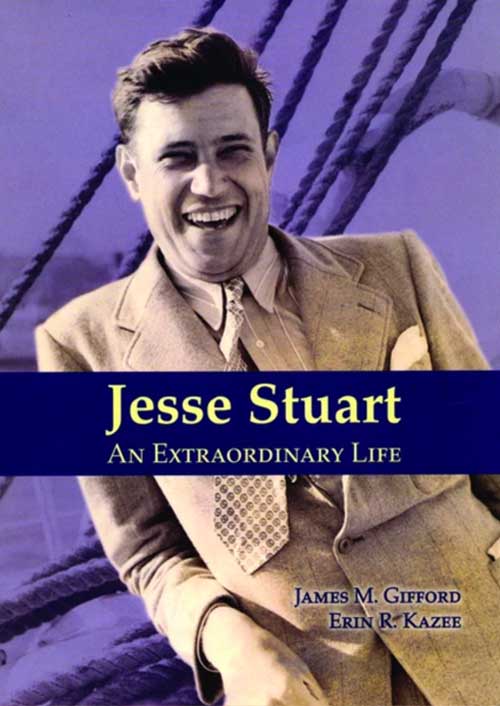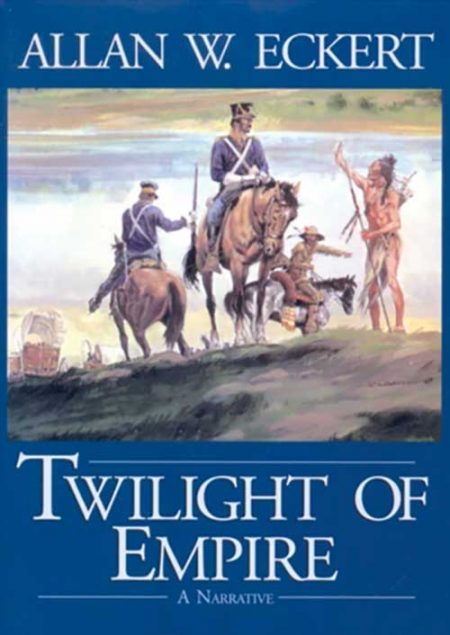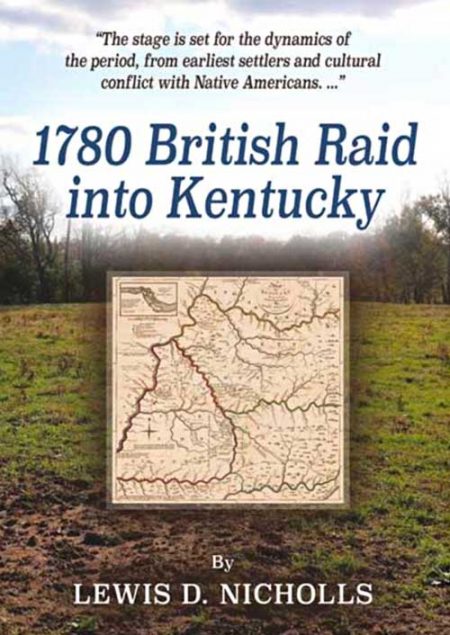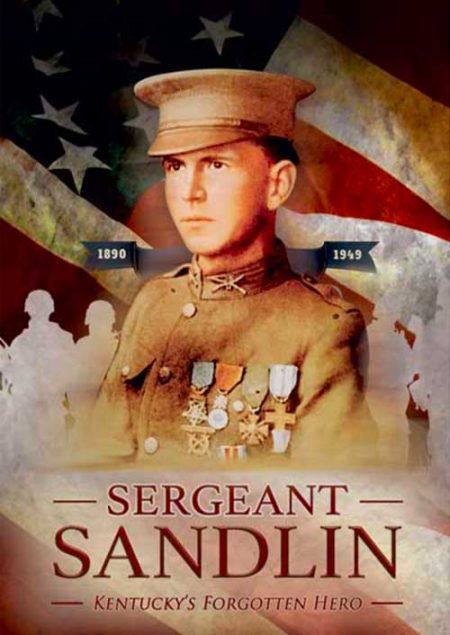Description
Jesse Stuart was a paradox. For a period of his life, Jesse slept with a loaded gun under his pillow, yet he also carried a typewriter with him wherever he went. He courted woman with mud on his boots and pistols on his hips, but he had wildflowers in his hands and envelops completely covered with chicken-scratched poems in his pockets. He was petty yet often kind, mean-spirited but truly helpful to beginning writers, clannish yet hospitable to visitors
He taught in Egypt, wrote more than sixty books, and lectured in the Philippines. He genuinely cared about his students — be they the barefoot children who walked miles to and from under-resourced county schools, troubled teenagers, ambitious college students, or progressive Egyptian coed from an anti-American culture. Despite his travels (or perhaps because of them), he never valued any place more than his beautiful Kentucky homeland.
Stuart was born in 1906 to parents who were illiterate sharecroppers in an isolated hollow in eastern Kentucky. This biography traces his long, successful life as a writer, educator, far-sighted conservationist, and revered spokesman for the people of his Appalachian homeland. It tells how his childhood impacted his character and personality, how his many courtships in the 1920s and 1930s unfolded, and how his marriage to Naomi Deane Norris ushered in a new era of productivity and focus in his life. Although many people knew about Jesse Stuart, few really knew his complex and belligerent individual. Here is a biography that focuses on the man and not his books.
Gifford and Kazee have relied on never-before-seen letters, first-hand accounts shared by family members and friends, primary documents graciously donated by individuals and organizational entities, newspaper articles, other Stuart biographies, his autobiographies, and their daily contact with Stuart and his work through the Jesse Stuart Foundation. This biography provides insight into how both Stuart’s closest friends and most distant fans viewed him, without hiding his eccentricities. Some have called his work overly sentimental; others have called it valuable and brilliant. His place in literature is controversial, the tales he wrote about himself suspect. But the influence of his works and the importance of his life made him a national icon, a hero to America’s teachers, and a friend to thousands of people he met and inspired.
HARDBACK
By James M. Gifford





